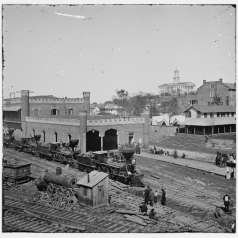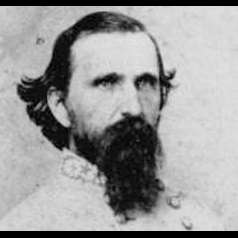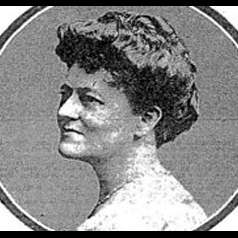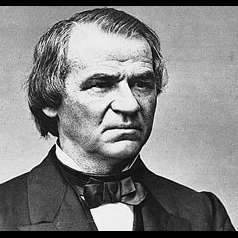
Teenage diarist Emma Lane (1847-1923) of Murfreesboro recorded life on the home front from 1864 through 1865. Given that most Civil War diaries kept by women chronicle only the first few years of the war, Lane’s journal provides valuable insights into the later years of the war. Lane was the daughter of blacksmith William T. Lane and Martha Collier Lane, whose father had been an early settler in the area. The family supported the Confederacy but lived under Union occupation during the period that she kept her diary. Lane was not consumed by the war and achieved some normalcy through visiting, sewing, reading, and music. In 1864, Lane wrote about troop movements and recorded rumors that Murfreesboro would be liberated by Confederate Gen. Nathan Bedford Forrest, as had happened in July 1862. “There is talk of another Raid,” she wrote on September 22, followed six days later by “great excitement up again about Forrest coming in.” Later that year, she recorded what she had heard about the Battle of Nashville, including the discouraging news that “Hood has been whipped & is retreating.” Although she hoped for Confederate victory, Lane expressed moderate views of Union soldiers. She got permission from Union authorities to pick flowers at an abandoned house and to visit Confederate prisoners at Fortress Rosecrans, where she brought the men clothing and food and came away with requests for more. Lane and her family nursed an ill Michigan soldier, and Lane played the piano for Union soldiers who visited the house. Lane also documented the transition from slavery to freedom in wartime Murfreesboro, including a large political meeting of former slaves toward war’s end. In April 1865, Lane described first Union forces’ celebration of Gen. Robert E. Lee’s surrender of and their despondency over President Abraham Lincoln’s assassination. A memorial service for Lincoln with a “large attendance Citizen and Military” was preached at Soule College on April 19. Lane continued her diary after the war, chronicling the return of Confederate soldiers and the fundraising work of women “to enclose a burying ground for the rebel dead” in 1866.
Tools
Key Facts
- Recorded life under Union occupation in Murfreesboro
- Documented transition from slavery to freedom for area slaves
- Supported Confederacy but aided prisoners and injured on both sides







